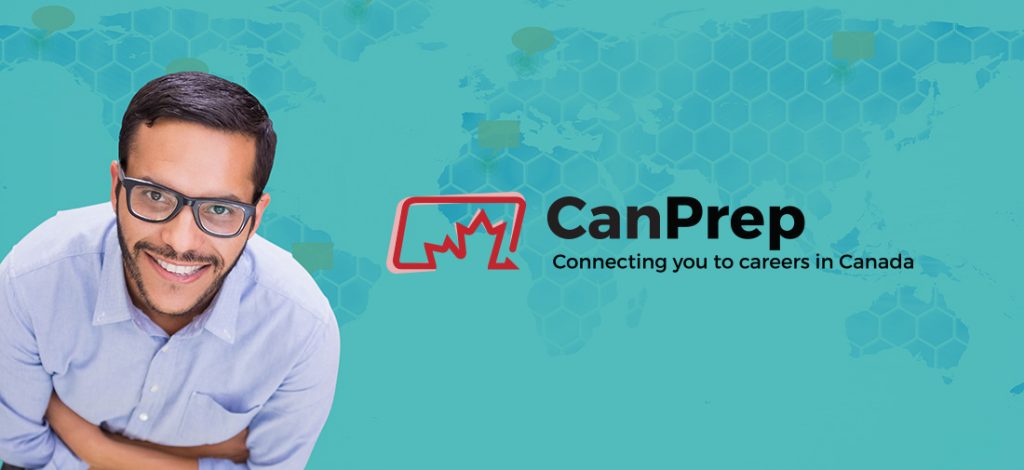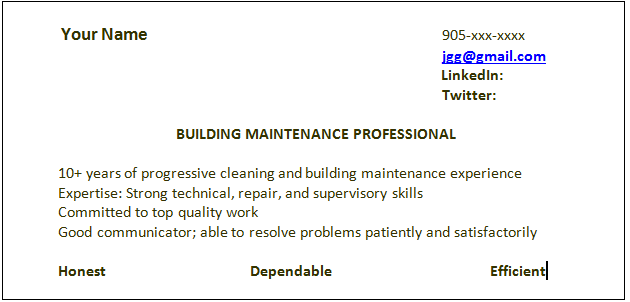If first impressions are as important as psychologists tell us, cover letters should be considered one of the most important aspects of the job search process. When a potential employer reads the letter accompanying your resume, it is often the first time they encounter you and your only chance to make a good first impression.
For a moment, put yourself in the employer’s shoes: after posting a job they are anxious to fill quickly and easily, they are often overwhelmed with hundreds of applications. They sort through one application after another, hoping to be struck by the few who seem suitably well qualified, likeable and competent enough to be invited for an interview.
Employers are aware that not all resumes are accompanied by a cover letter. It also true that many employers might not even bother to read the cover letter. But we also know that some employers will look for a cover letter, and failing to find it, might reject the job application.
As an employment counsellor, I have noticed that for many job seekers, cover letters are often the weakest aspect of their job search efforts, and they are often neglected until the last moment before sending in a job application. If written at all, they are often generic, awkwardly worded and not very substantial, leaving the reader with a sense that not much effort was put into preparing them.
It is useful to think about its definition and purpose to determine what should go into an effective letter. A cover letter can be described as a one-page letter that accompanies a resume, introduces the candidate and motivates the employer to read the resume and consider the candidate for a position. A cover letter should clarify the link between the employer’s needs (which is often described as “qualifications” on the posting) and you (as listed in the “profile” or “summary” in your resume).
Your cover letter is an opportunity to market yourself to the employer by:
- indicating that you have read the job posting and understand the expectations of the employer
- showing your interest and enthusiasm
- introducing your resume and identifying the specific aspects of the resume that are most relevant to the job
- showing off your excellent writing skills, both in terms of grammar and spelling
- indicating to the employer that you can and will follow instructions by applying exactly the way the employer requested in the job ad/posting
Cover letters should accompany almost any resume, whether it is in response to a posting, is solicited (i.e. the employer asked you to send them a resume), or even unsolicited (i.e. you are sending the resume to employers, in case they are hiring).
Check your cover letter against this checklist of “do’s” and “don’ts”:
- Follow the instructions in the posting, making sure to submit it on time and to the specific person outlined in the advertisement
- Keep the letter short, simple and easy to read
- Don’t use a generic cover letter; instead, write a unique and personalized letter for each employer
- Use a formal tone, but show the level of enthusiasm that is suitable to the type of position to which you are applying
- Match the format of the letter to your resume in terms of the font and “letterhead” (i.e. the format you use for your name and address)
- Don’t forget to include the specific job title as identified in the job posting, including any reference numbers provided by the employer
- Make sure to mention where you found the job posting
- Describe yourself to the employer in terms of the specific qualifications requested in the posting; don’t assume that the employer will read your resume unless they find what they need in the cover letter
- Before sending it, always check your spelling and grammar very carefully
- Don’t depend on Spell-check — it will only pick up some errors, not all (it won’t pick up a mistake if it is a real word — for example, it won’t pick up using “form” instead of “from”)
For samples of cover letters, check out one of my favourite websites, such as The Muse.
As the expression goes, you only get one opportunity to make a good first impression. It is well worth investing time and effort in writing a high-quality letter that conveys your enthusiasm and shows the employer the reasons for considering your unique candidacy for the position. Capturing the interest of the employer can be a deal breaker; if your cover letter does not impress, the employer will probably not read your resume or call you for an interview, whereas a well-worded and thoughtful letter can go a long way toward that position you are working so hard to get.






